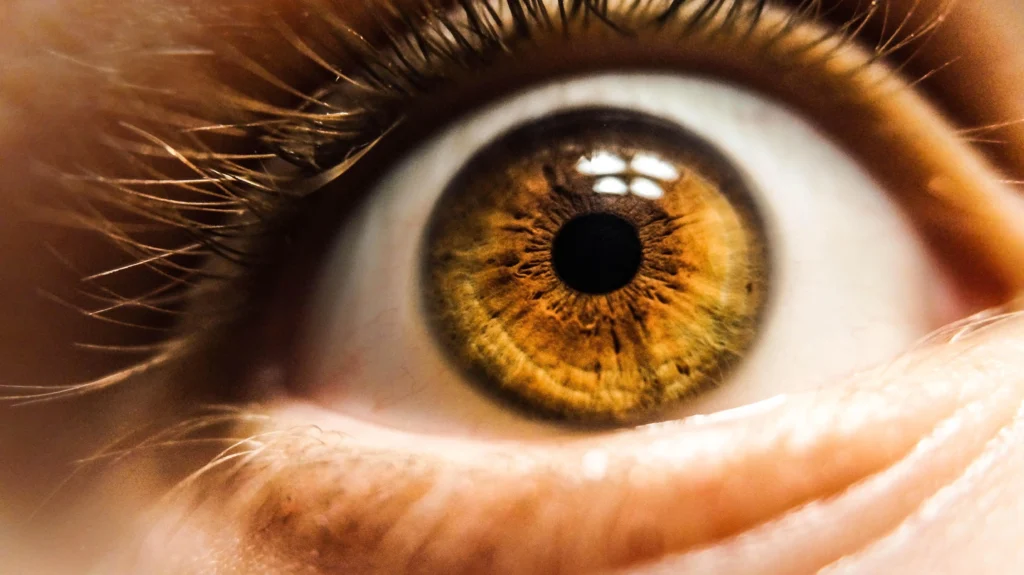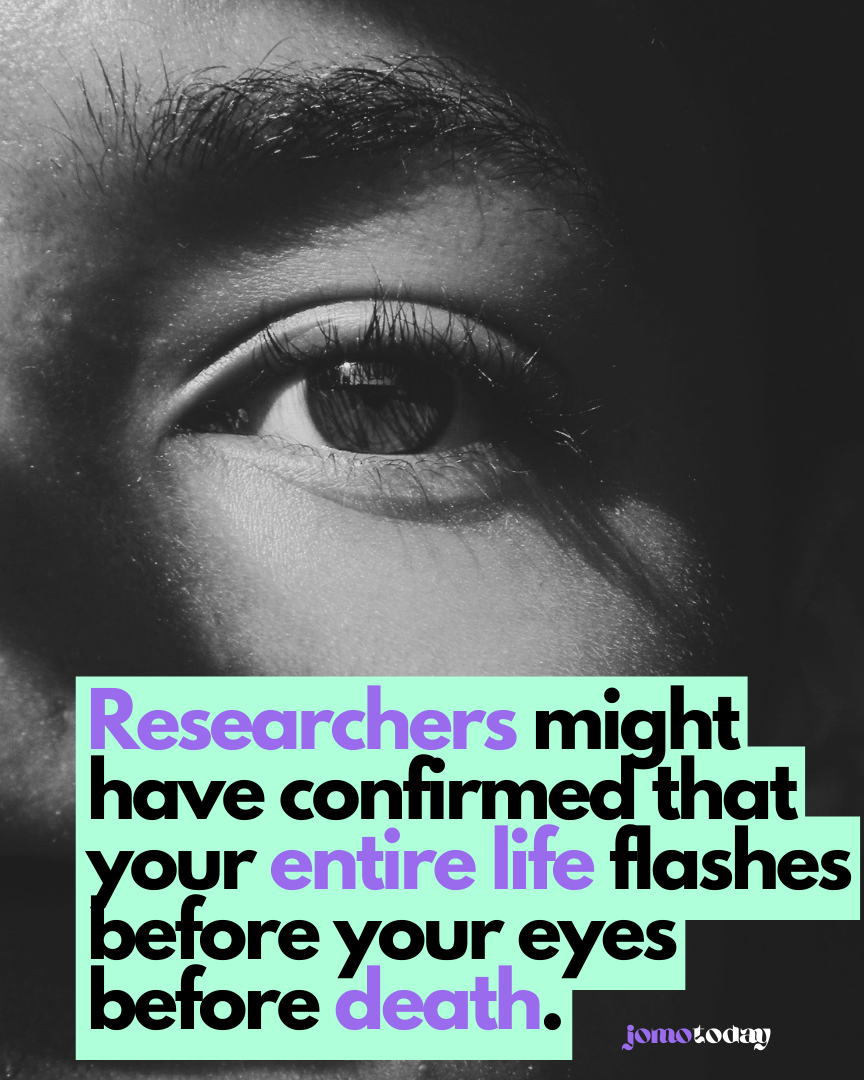There exists a widely discussed but unverified theory regarding the events occurring just before our death.

Scientists may have validated that a person’s entire life rushes through their eye before they die.
Many people ponder what occurs at the threshold of life’s end. Some envision a comforting, radiant light preceding a journey into the afterlife, while others imagine sheer nothingness.
An enduring theory suggests that one’s life flashes before their eyes in those final moments. This notion frequently appears in media—a character at death’s door suddenly transported to pivotal memories, reliving them in a bid for survival.
But the question remains: how accurate is this portrayal?
A recent study involved neuroscientists analyzing brain recordings from an 87-year-old man just before his passing, uncovering a remarkable discovery.
Before his death, the team observed a surge in brain activity in the man, noting changes in his alpha and gamma brain waves. These waves typically relate to memory recall and cognitive functions, hinting at a possible ‘life recall’ experience before passing away.
The findings, published in Frontiers, detailed the man’s medical history involving a brain bleed after a fall, which necessitated hospitalization. While undergoing treatment, he was connected to an EEG, capturing data during his final moments.
Surprisingly, during the 30-second window before and after his passing, the researchers noticed heightened brain activity even after his heart ceased beating. This led to the hypothesis that the brain might continue functioning post blood circulation cessation.
The study team suggested that the connection between alpha and gamma brain activity, known for its role in cognition and memory in healthy individuals, might facilitate a final “life recall” during near-death experiences. However, they emphasized the necessity for further research to substantiate this theory, cautioning that their analysis was based on a single individual.
Dr. Ajmal Zemmar, a co-author and neurosurgeon from the University of Louisville, expressed that these results disrupt our comprehension of life’s endpoint and prompt significant follow-up inquiries.
Read More: Two athletes who look alike and share the same name take a DNA test to find out if they’re siblings.






1 Comment